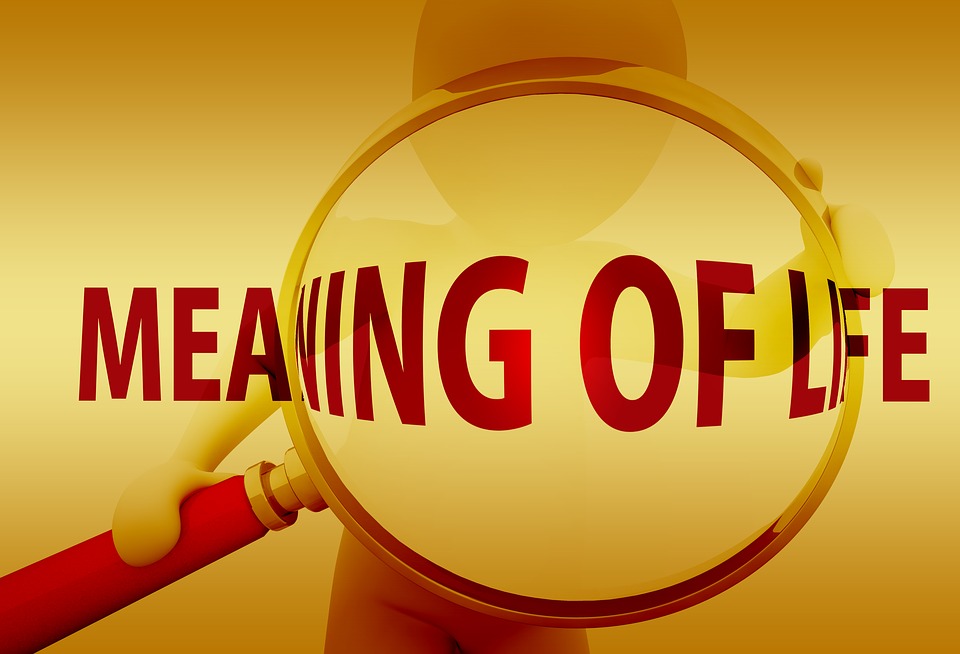
Independence is a powerful concept, evoking images of freedom, self-reliance, and the ability to shape your destiny. Whether it is achieving financial independence, emotional autonomy, or breaking free from limiting beliefs, claiming your independence is a transformative journey.
Here is a guide to embarking on this empowering path:
1. Understand What Independence Means to You
Independence is subjective. For some, it might be about living alone and managing their finances. For others, it could involve making decisions without relying on others’ opinions or external approval. Reflect on what independence means to you personally. Define it clearly for you and your journey.
2. Assess Your Current Situation
Take an honest look at your current state. What areas of your life do you feel dependent on others or external factors? This could be financial dependence, emotional reliance, or even dependence on certain habits and routines. Identifying these areas is the first step toward addressing them.
3. Set Clear Goals
Once you have a clear understanding of what independence means to you and where you currently stand, set specific, achievable goals. These goals should be aligned with your vision of independence. For example, if financial independence is your aim, a goal could be to save a certain amount of money or reduce debt by a specific percentage, and by a certain date.
4. Educate Yourself and Always Be Learning
Knowledge is a powerful tool in claiming your independence. If your goal is financial independence, educate yourself on personal finance, investment strategies, and budgeting. If emotional independence is your focus, learn about self-care practices, emotional intelligence, and coping mechanisms. The more informed you are, the better equipped you will be to make decisions that support your independence.
5. Take Responsibility for Your Choices
Independence means owning your decisions, both the good and the bad. This involves:
- Making informed choices
- Accepting the consequences of your actions
- Learning from your mistakes
6. Develop a Support System
While independence implies self-reliance, having a support system is also helpful. Surround yourself with people who encourage and support your journey. This could be friends, family members, mentors or advisors, or even online communities. They can provide guidance, encouragement, and a safety net as you navigate your path to independence.
7. Take Concerted Action
Knowledge and planning are essential, but action is where the transformation happens. Start taking steps toward your goals, no matter how small they may seem. Each step forward is a move toward greater independence.
8. Build Resilience
The road to independence is rarely smooth. There will be challenges and obstacles along the way.
You may face:
- Fear of failure
- Uncertainty about the future
- Pressure from others to conform
Remember, these challenges are normal and can be overcome with persistence and self-belief.
Building resilience is key to overcoming these hurdles. Cultivate a positive mindset, practice self-compassion, and develop problem-solving skills. Resilience will help you stay committed to your path, particularly when things get tough.
9. Reevaluate and Adjust
Your goals and circumstances may change over time, and that is okay. Regularly reevaluate your progress and adjust your plans as needed. Independence is not a static state but a dynamic process. Being flexible and adaptable will help you stay aligned with your evolving vision of independence.
Celebrate!
Finally, take the time to celebrate your achievements. Acknowledge the effort, dedication, and growth that have brought you to this point. Celebrating your independence reinforces the positive changes you have already made and motivates you to continue your growth.
For your consideration:
Take a moment to reflect on your own journey. What steps can you take today to claim your independence and live life on your terms? The path may not always be easy, but the rewards of personal freedom and self-realization are immeasurable. Here’s to your independence!
Okay, your turn:
Where in your life do you feel your independence has served you well, and in what ways have you made the most of it? Does your independence ever get in the way of what you would like to bring into your life? If so, what steps have you taken to move past the roadblocks?
I invite you to share your observations, feelings, and experiences by leaving a Reply in the Comments section, below. Soul-to-soul!
© 2024 Lori A. Noonan. All Rights Reserved.



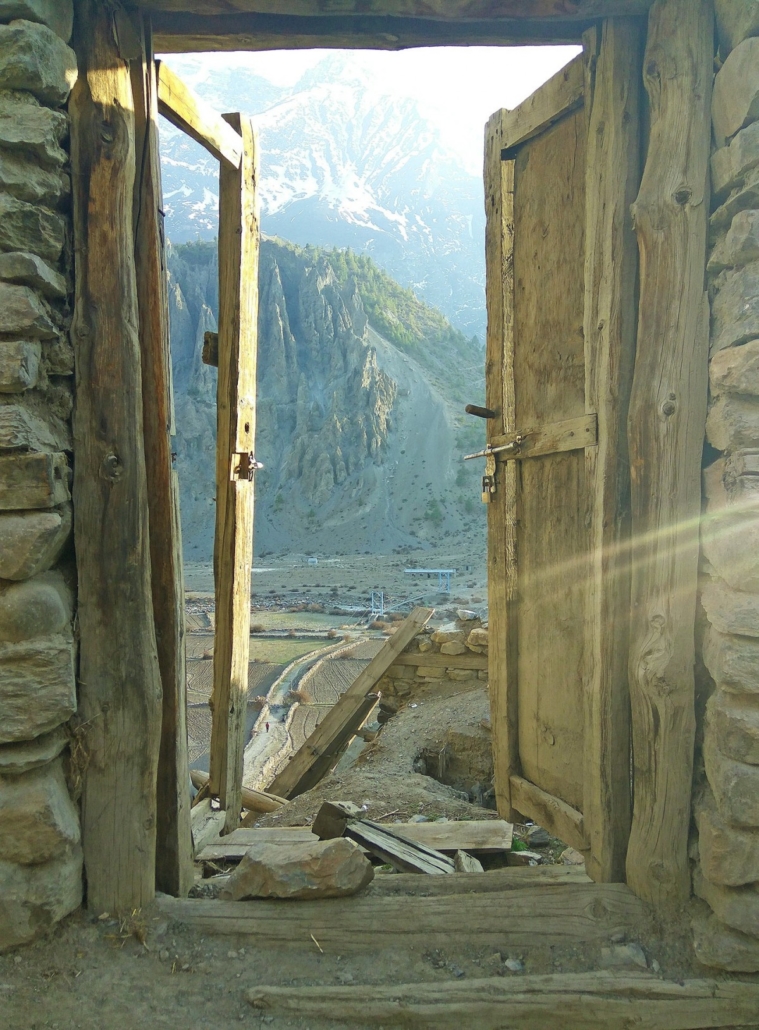

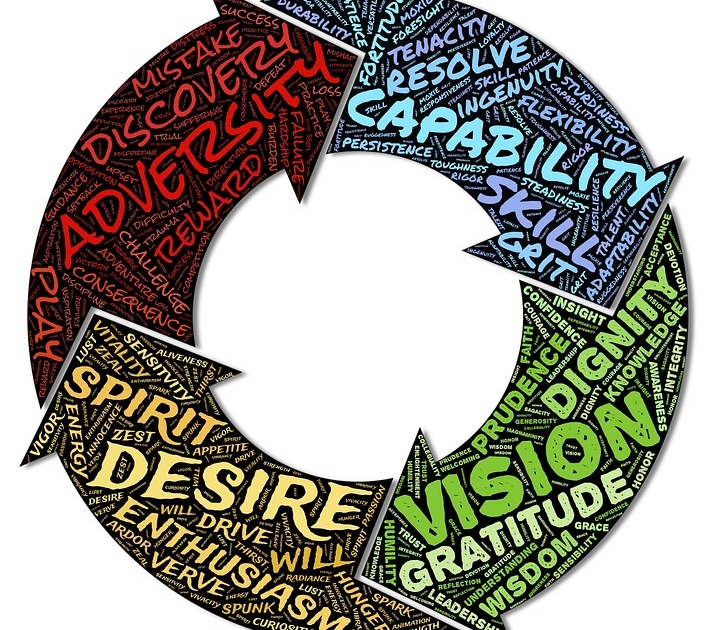
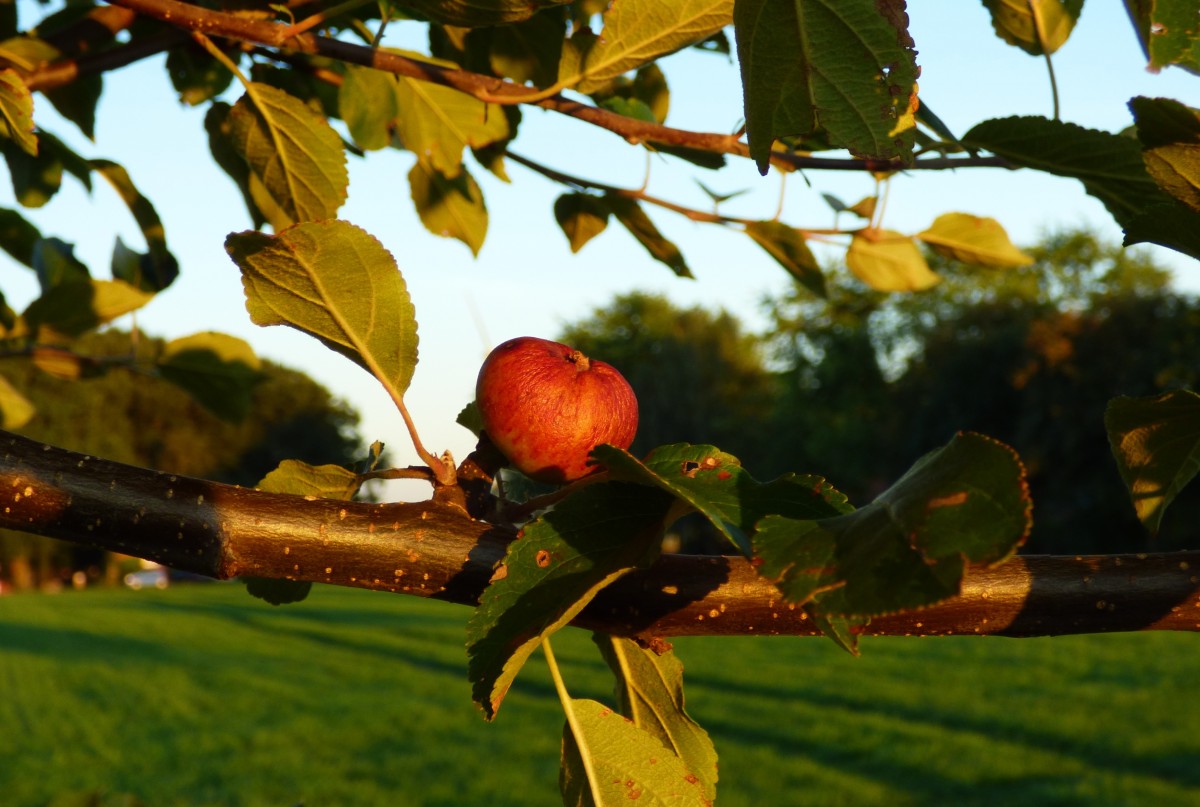
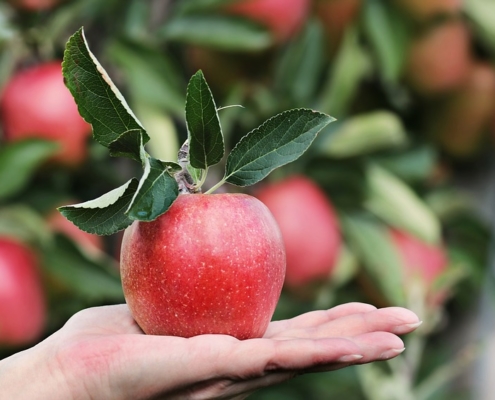 Plant the seeds and let go. Provide them water, soil and sunshine, sure; but otherwise, let them be. Allow specific outcomes to remain uncertain. Resist the temptation to impose person-made alterations that prevent nature from enjoying its full expression and dare I say potentially quirky “imperfections.” So, too, may it be with regard to your own dreams and aspirations.
Plant the seeds and let go. Provide them water, soil and sunshine, sure; but otherwise, let them be. Allow specific outcomes to remain uncertain. Resist the temptation to impose person-made alterations that prevent nature from enjoying its full expression and dare I say potentially quirky “imperfections.” So, too, may it be with regard to your own dreams and aspirations.
 For 2019, I’m feeling into connection as my dream theme. Accordingly, my year will be guided by my connection to the divine, and to myself, to my loved ones, to my community, and to my values and convictions. Yes, I’ll also come up with focus points and lists of what I desire to bring into form throughout the year. And, I’ll likely have a list (or several) of action items for various parts of my life. Those will be anchored, though, if you will, and stem from, my dream theme. Whenever I feel off track, I’ll make the appropriate
For 2019, I’m feeling into connection as my dream theme. Accordingly, my year will be guided by my connection to the divine, and to myself, to my loved ones, to my community, and to my values and convictions. Yes, I’ll also come up with focus points and lists of what I desire to bring into form throughout the year. And, I’ll likely have a list (or several) of action items for various parts of my life. Those will be anchored, though, if you will, and stem from, my dream theme. Whenever I feel off track, I’ll make the appropriate 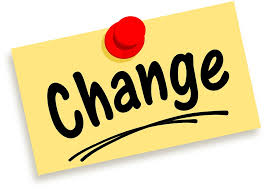
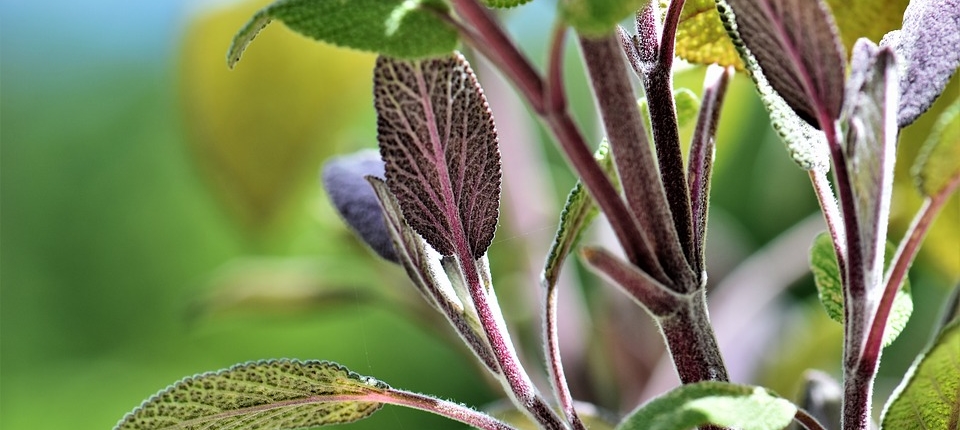
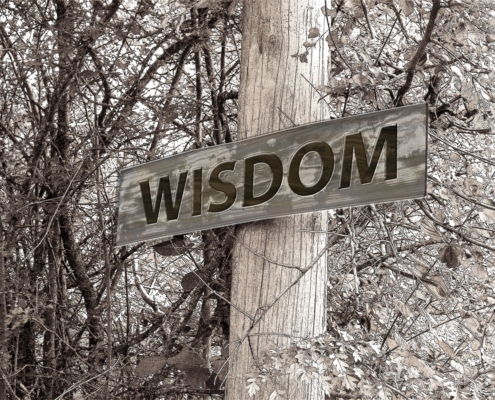 We all remember being asked the question when we were young: What do you want to be when you grow up? Me: a philosopher. I didn’t hear anyone around me saying that they wanted to be that. It wasn’t exactly listed anywhere as a possible career track. That didn’t matter to me. If it was needed, and served a purpose, why couldn’t it be an occupation?
We all remember being asked the question when we were young: What do you want to be when you grow up? Me: a philosopher. I didn’t hear anyone around me saying that they wanted to be that. It wasn’t exactly listed anywhere as a possible career track. That didn’t matter to me. If it was needed, and served a purpose, why couldn’t it be an occupation?